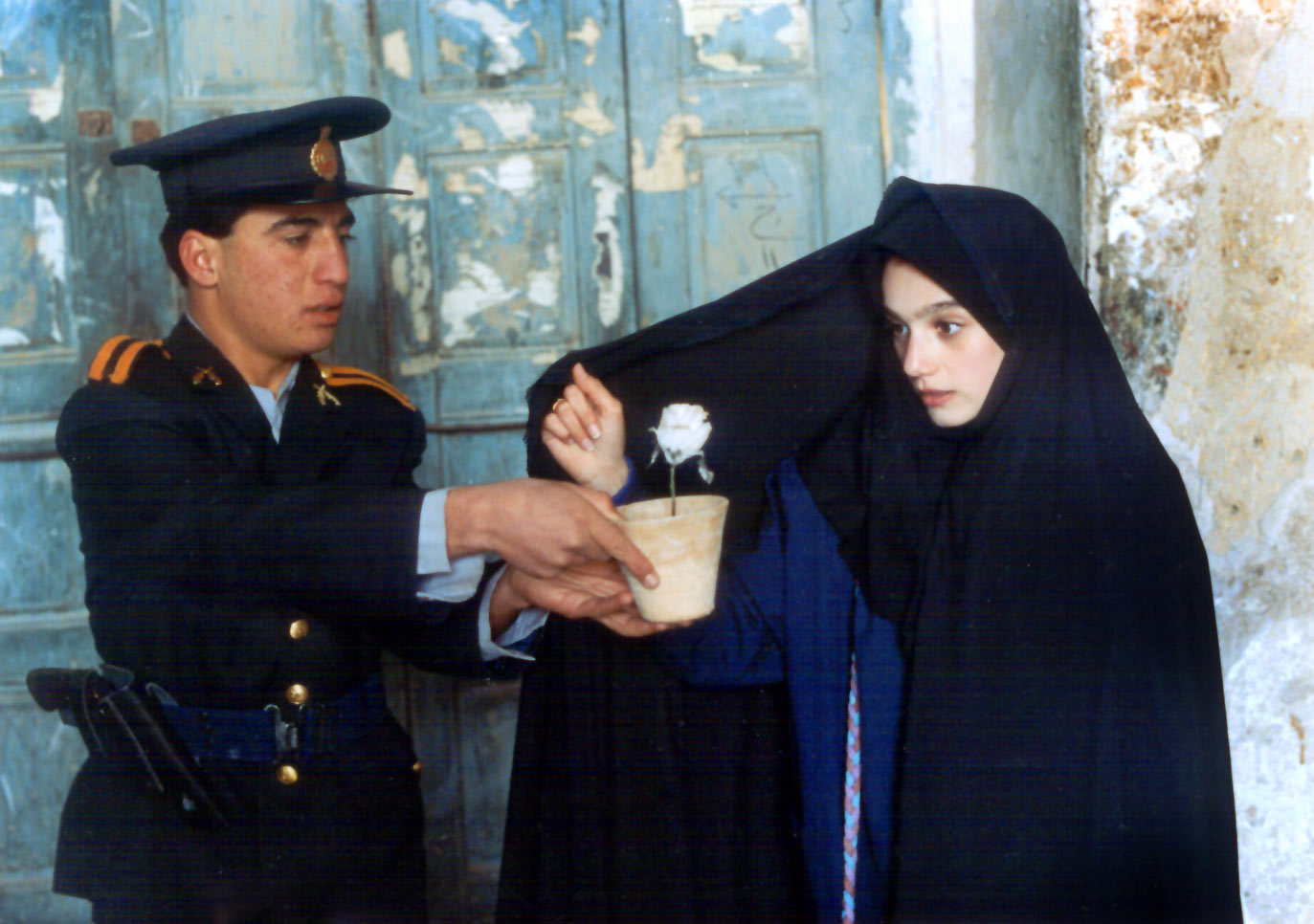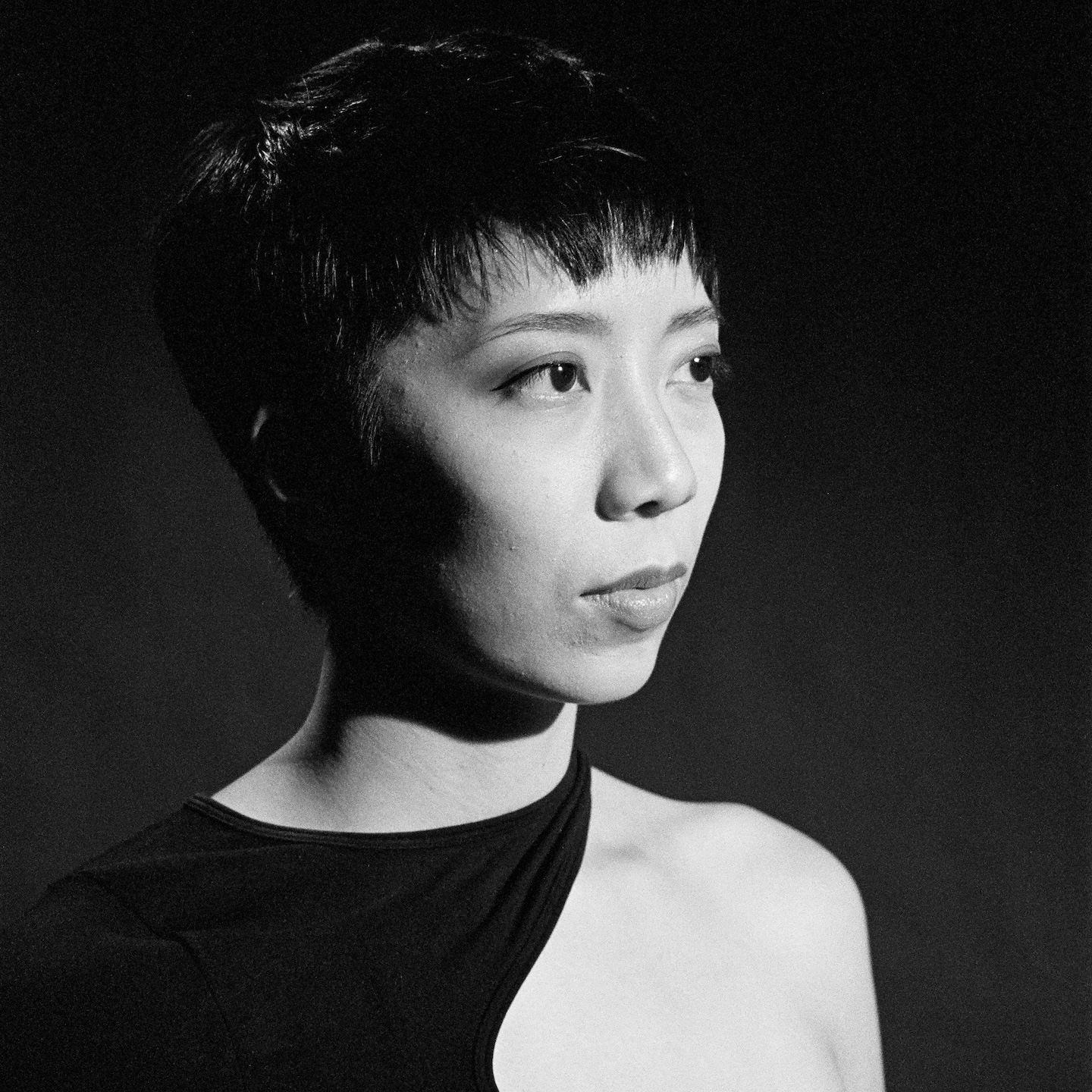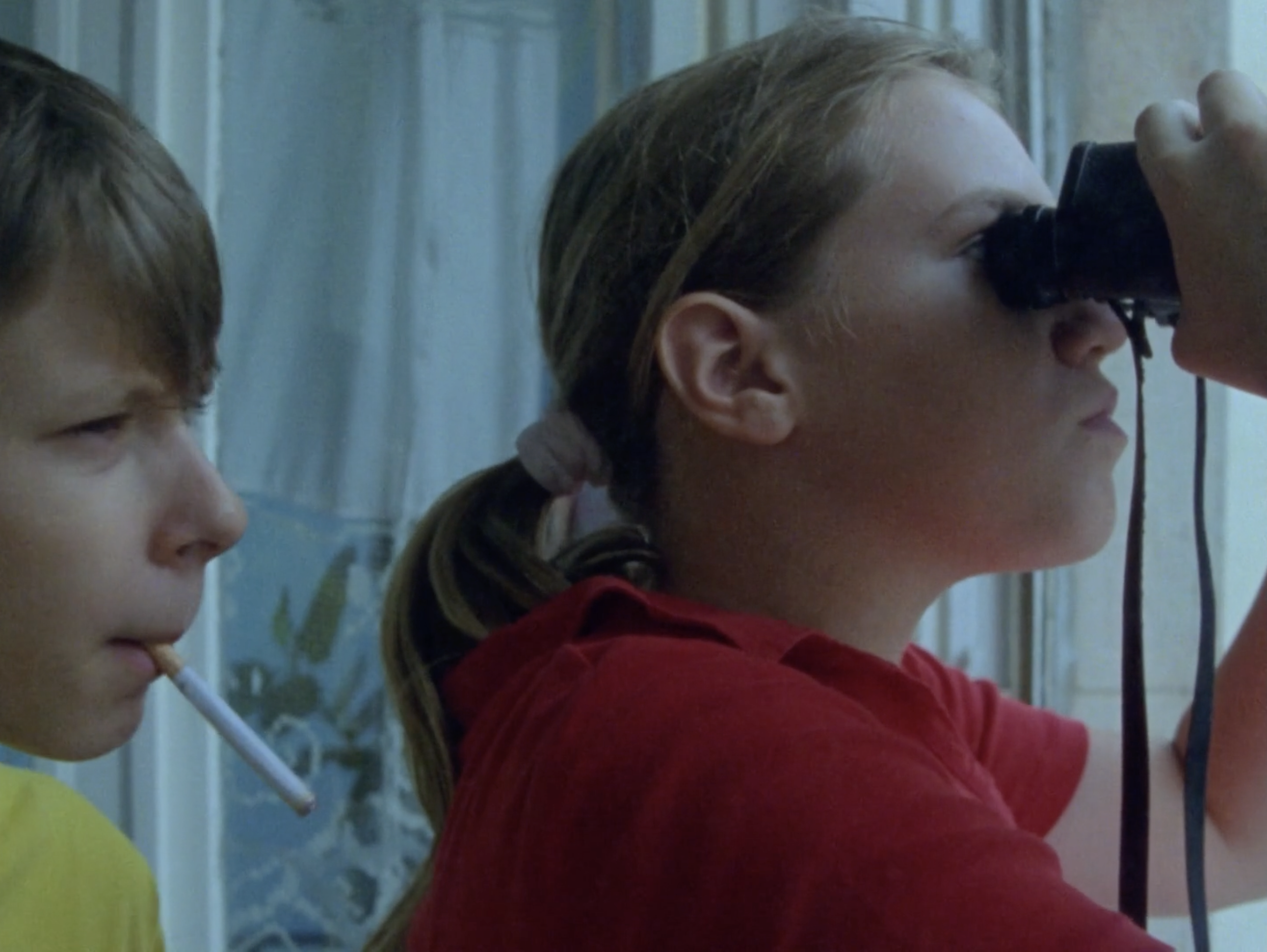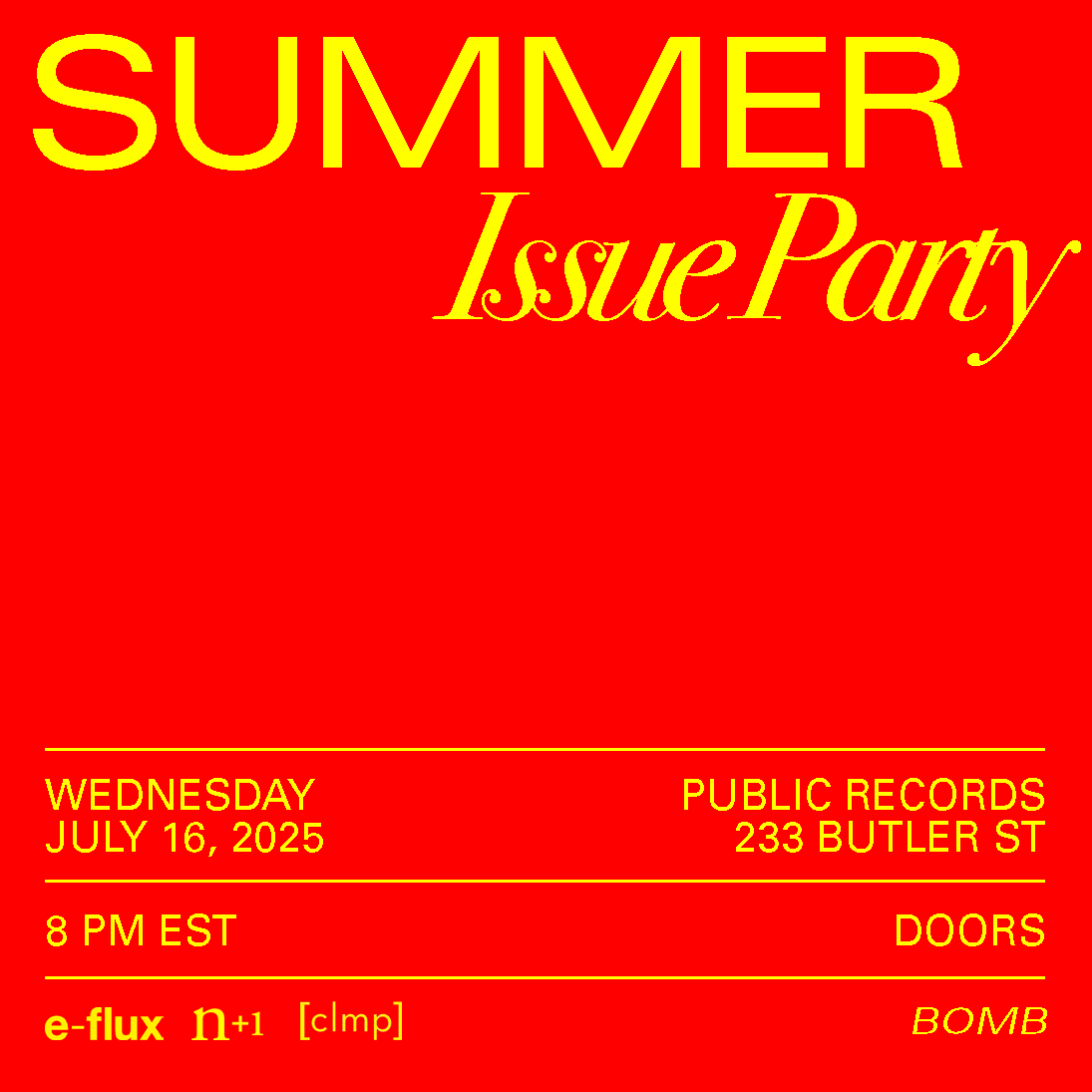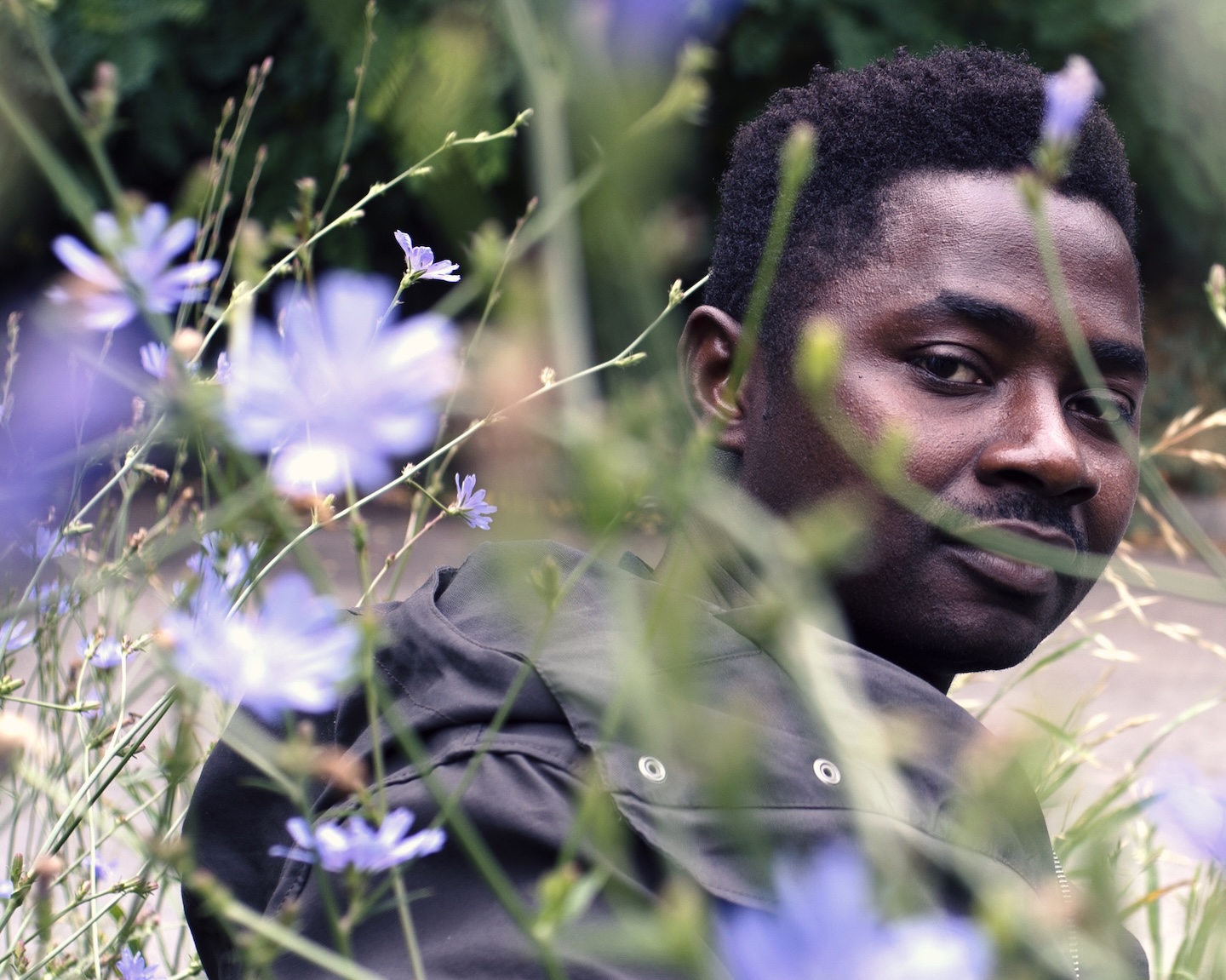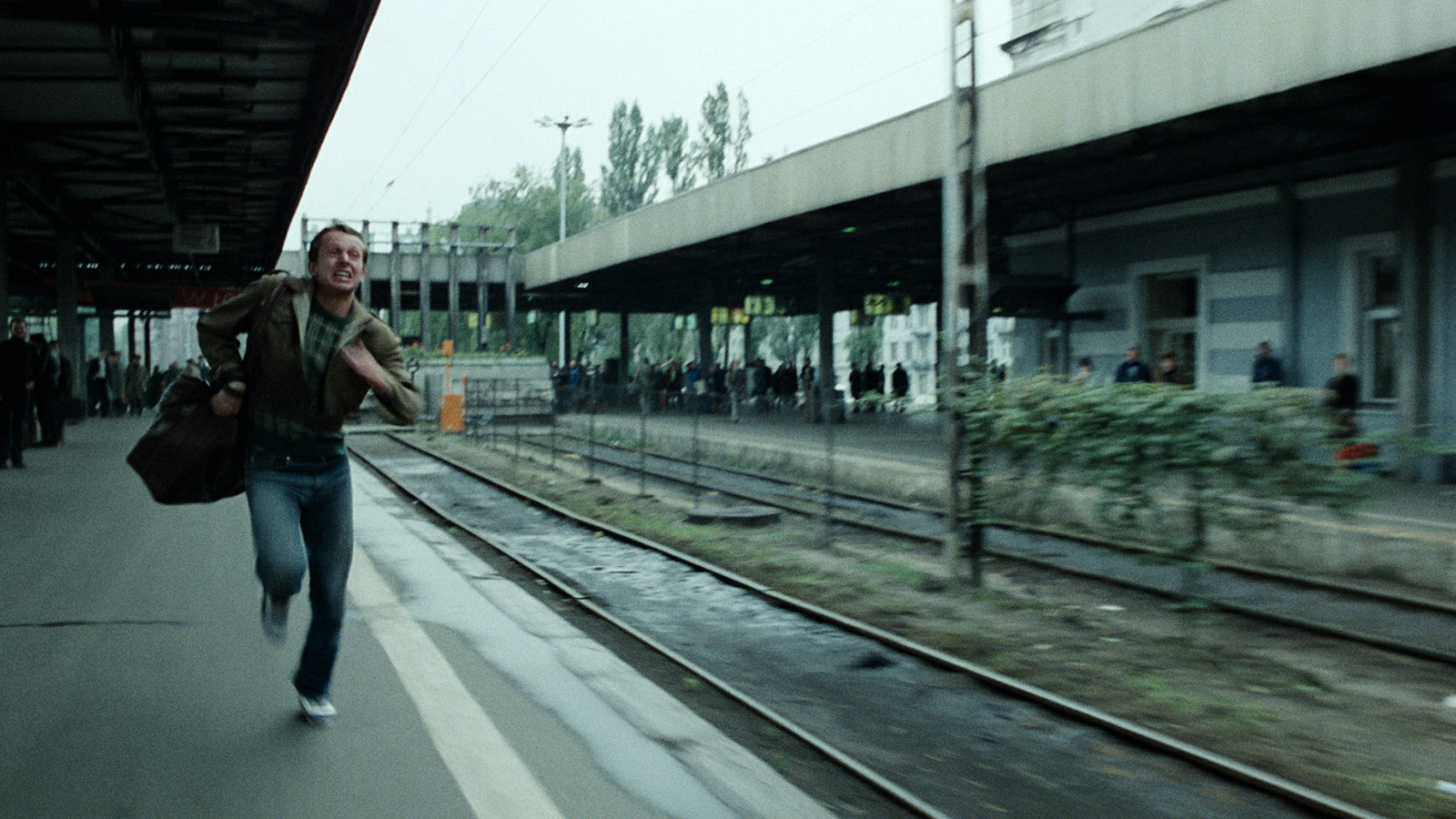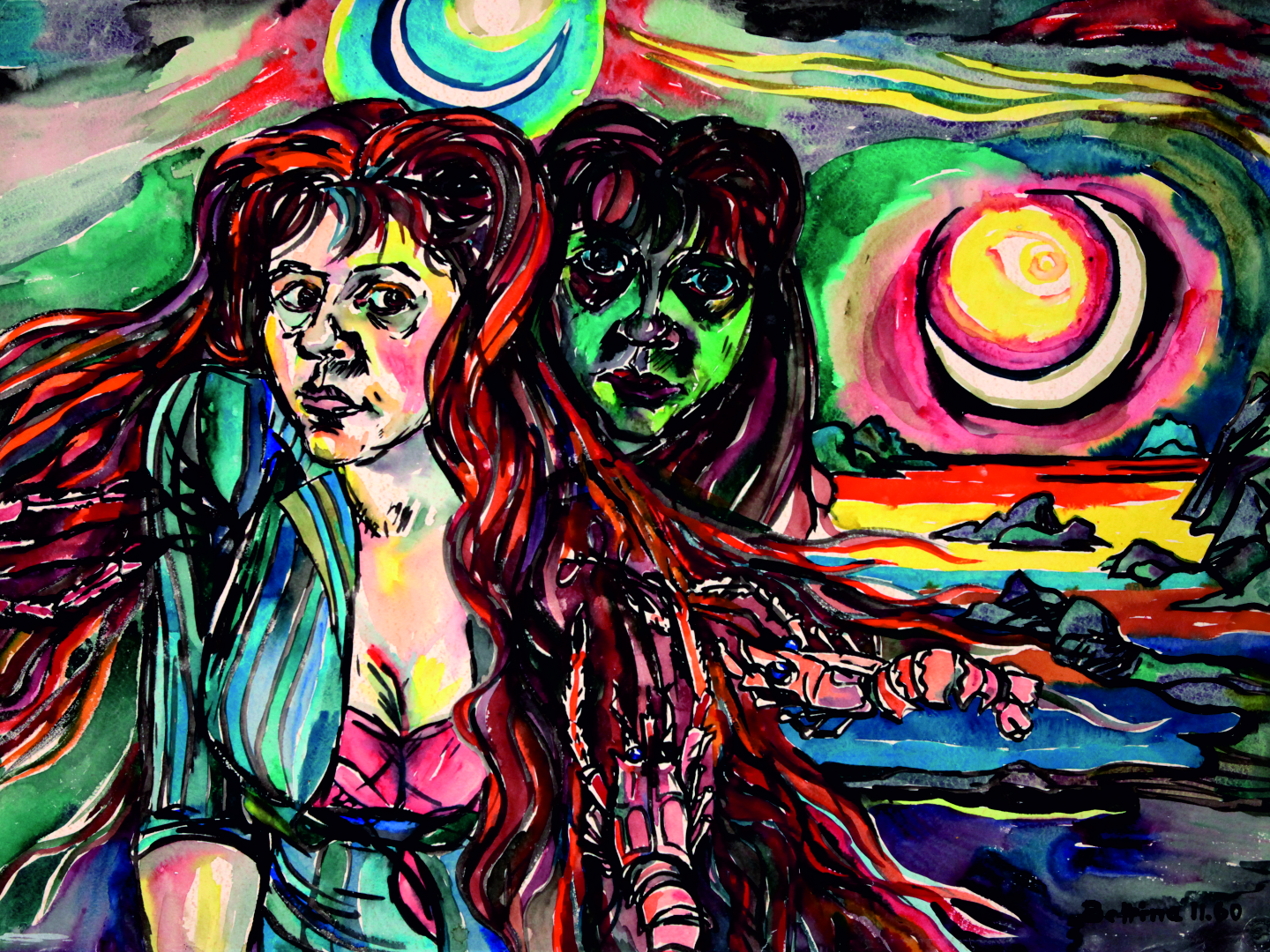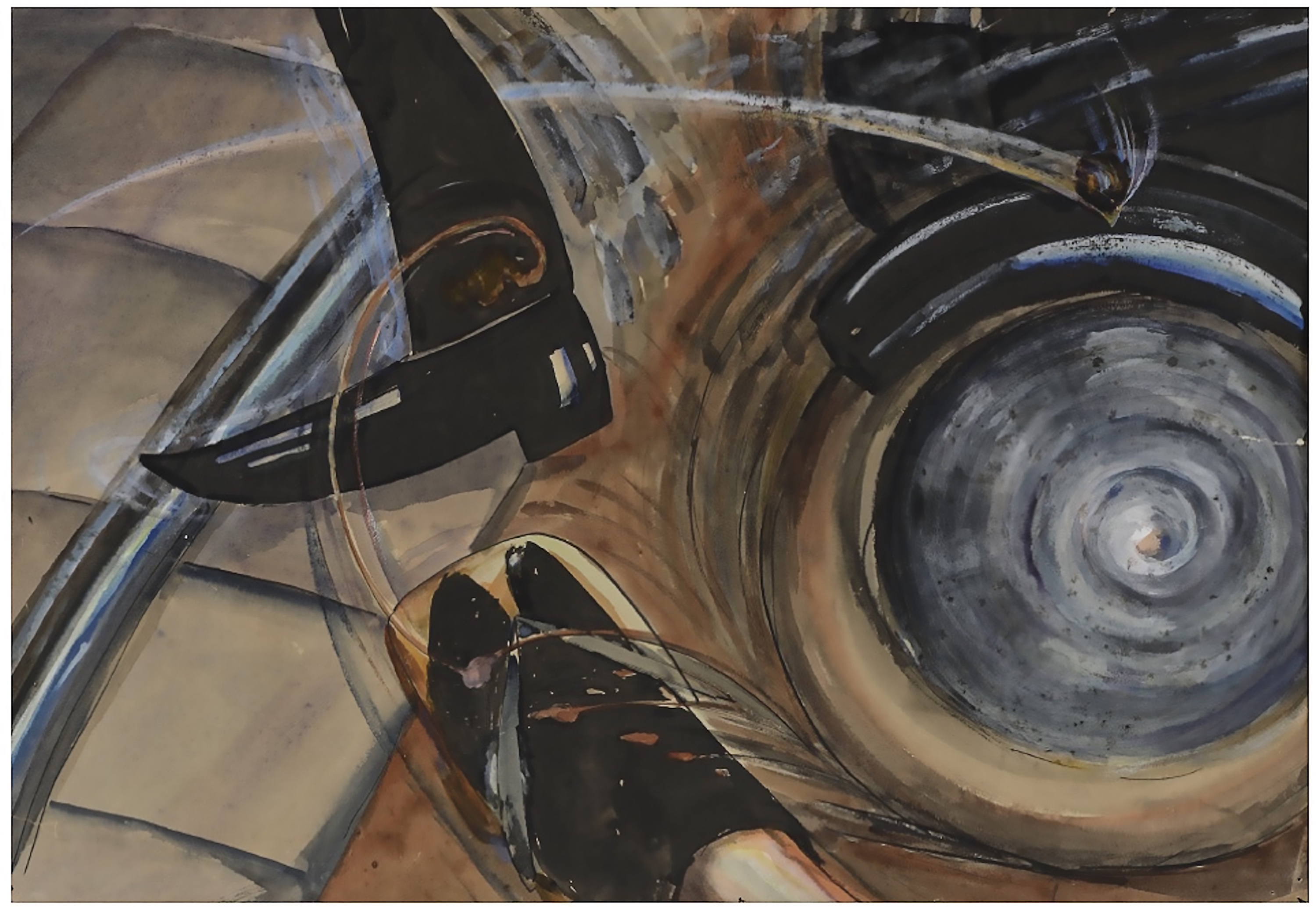Counter-Production (Part 2)
28 September–30 November
Index – The Swedish Contemporary Art Foundation
Kungsbro Strand 19
Stockholm, 11226
Featuring works by Ricardo Basbaum, Mary Ellen Carroll, Dexter Sinister, Goldin+Senneby, Marine Hugonnier, Henrik Olesen, Marion von Osten, Seth Price, Josephine Pryde, Johannes Porsch, Lili Reynaud-Dewar, Josef Strau
Cinematography: Attila Boa
Editing: Dominique Gromes
Postproduction: werkzimmer.at
Co-curators: Diana Baldon and Ilse Lafer
Counter-Production (Part 2) is a group exhibition, curated by Diana Baldon and Ilse Lafer and developed in collaboration with the Generali Foundation that attempts to re-articulate the notion of “counter-production” as a possible form of thought and practice. In the late 1960s this aesthetic strategy was described by filmmaker and writer Alexander Kluge as a mode of “counter-control” built with the organisation of individual experiences for infiltrating hegemonic structures.
When displayed in Vienna last year, Counter-Production originally examined gestures of artistic production whose political, economical, technological and socio-cultural conditions interrogated to what extent and in what ways artists and art institutions participate in and confront contemporary global production and capital. Counter-Production (Part 2), instead, daringly resists the conventional format of the touring show to be transcribed into a 30-minute narrative on digital film. As a cinematic sequel directed by the cinematographer Attila Boa, this virtual incarnation of the former presentation is realised as a one-channel video projection made of short clips that follow a filmic narrative defined by the curator and a structuralist approach to filmmaking adopted by the cinematographer.
Counter-Production (Part 2) draws on the ideas of one of the participating artists—Seth Price—by highlighting the manner in which art, as well as exhibitions in the era of digital media, circulate in the same way as any information on the Internet: uncontrollable, subject to manipulation within contexts unable to regulate them. Such a distinctive method of implementation responds to how we increasingly produce and consume art via digital media, where exhibitions become photogenic forms and, possibly, counter-products. In doing so, it comments on the compulsive self-performance of contemporary art as well as of society in high need to produce, look, circulate and be visible.
The possibility of a show travelling through space and time in this manner treats curatorial and artistic methods as complementary moments that consider how the physical montage of an exhibition can be developed in different directions. It also questions the role of documentation by perceiving such filmic staging not as a documentary representation of the exhibition but, rather, as an attempt of making a modified form of presentation into a significant renewal of the project. The challenge to represent an exhibition cinematically interrogates the changing stances of spectatorship and its agencies and the intrinsic contradictions of institutionalised norms in curating, in order to instigate debate about the ability of curatorial practice to catch up with the actualities of artistic practice.
Accompanying program
29 October, 6–7:30pm
Screening of Redistribution (2007) by Seth Price
High-definition video (duration changes with each version)
29 November, 6–8:30pm
Screening of The Glory of the Garden (2009) by Marion von Osten
High-definition video, 16:9, colour, sound, 14:07 minutes
Book launch of the publication Counter-Production, with essays by, among others, Ricardo Basbaum, Glenn Adamson and Julia Bryan-Wilson, Sebastian Egenhofer, Marine Hugonnier, Seth Price, Lili Reynaud-Dewar, Luke Skrebowski and Josef Strau.
Counter-Production (Part 2) was commissioned by Index – The Swedish Contemporary Art Foundation in partnership with Generali Foundation.
The publication Counter-Production (English), edited by Diana Baldon and Ilse Lafer (Mousse Publishing, 2013), accompanies the exhibition.
This exhibition is kindly supported by Kulturbryggan. Index is funded by the Swedish Arts Council, the City of Stockholm, and Stockholm County Council. With special thanks to Luke Skrebowski.

